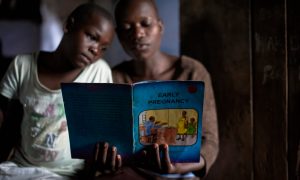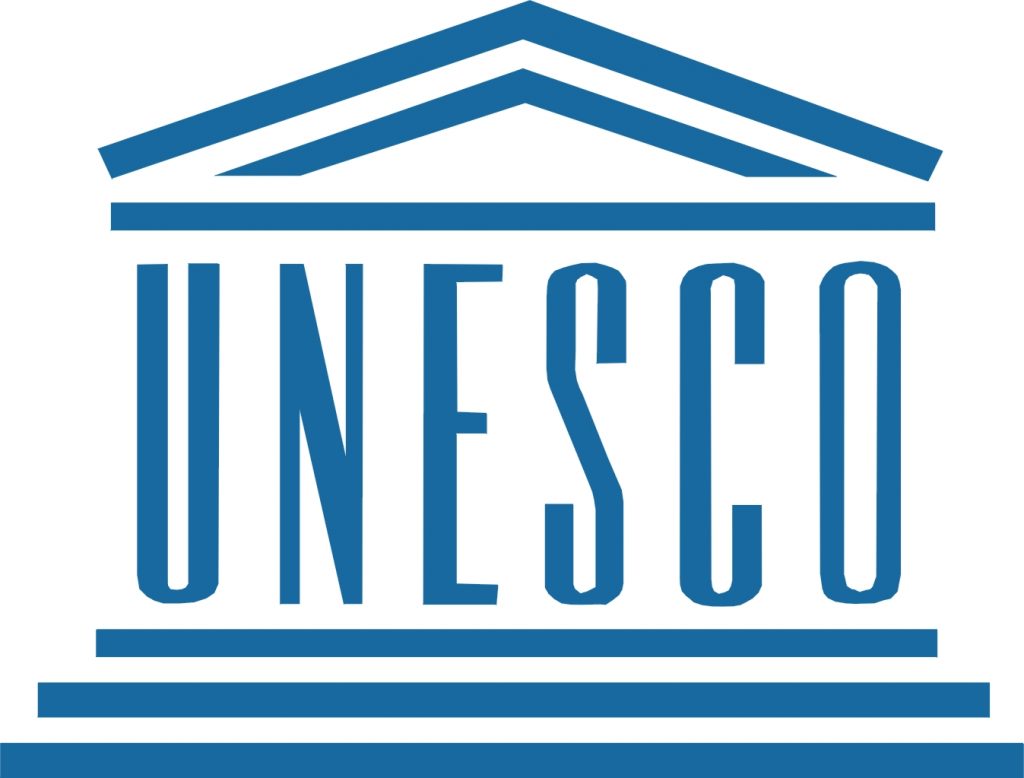A new gender review by the United Nations Educational, Scientific and Cultural Organisation (UNESCO)’s Global Education Monitoring (GEM), has explained the importance of women’s education to economic growth.

The report stated that educating women would reduce the strains on the planet, caused by the persistent population growth. It was released ahead of the 2016 International Day of the Girl Child.
A copy of the review, made available to The Guardian yesterday by the UNESCO’s Communications and Advocacy Specialist (GEM Report), Kate Redman, showed that empowering women could affect the world a great deal.
The report stated that countries with more women in parliament are more likely to ratify environmental treaties.
It therefore instructed world leaders to pay attention to their education to achieve gender equality.
The report read: “In sub-Saharan Africa, women with secondary education on average have three fewer children than those with no education at all. Educating boys and men about sexual and reproductive health is also important. In Kenya, a four-year programme working with men on responsible sexual behaviour saw school pregnancy rates drop by two-thirds.
“Education can empower women to become leaders as they acquire literacy, confidence and communication skills. It can give them a space to learn about and practice leadership. Further education and professional, technical and legal training also help women to gain credibility and influence among leaders and decision-makers.”
It continued, “However, at present only fewer than one fifth of the world’s heads of state, prime ministers and government ministers are women. Despite recent improvements in women’s political representation, they still occupy fewer than 25 per cent of national parliamentary seats worldwide. Greater equality in education is needed to help break down gender barriers in society.
“Fewer than 15% of countries’ curricula frameworks include material on gender empowerment and only half mention gender equality. The issue of child marriage is omitted or poorly addressed in textbooks in many of the countries where it is most prevalent, including Kenya and Malawi.”
Corroborating the GEM Report, the UNESCO Director-General, Irina Bokova, stated that: “Significant and transformative action is required to redress deeply embedded and complex gender inequalities that impact people within and beyond education and prevent the achievement of gender equality. Whether society manages to reform in line with these recommendations will affect the empowerment of women and girls and ultimately, the realisation of sustainable development.”
The Director of TLS School, Ikoyi, Lagos, Mrs. Olubunmi Egbeyemi, restated that with more female empowerment and participation in governance, countries would witness radical growth and advancement.

